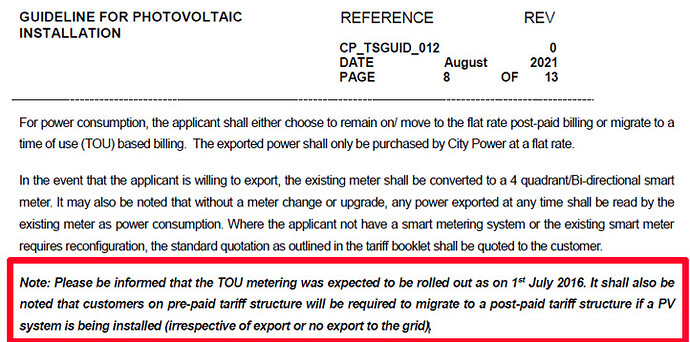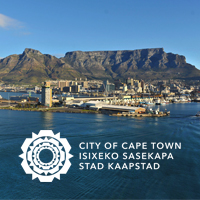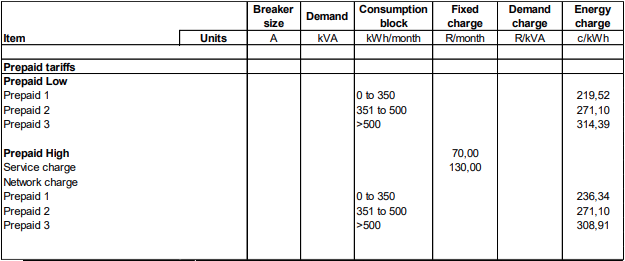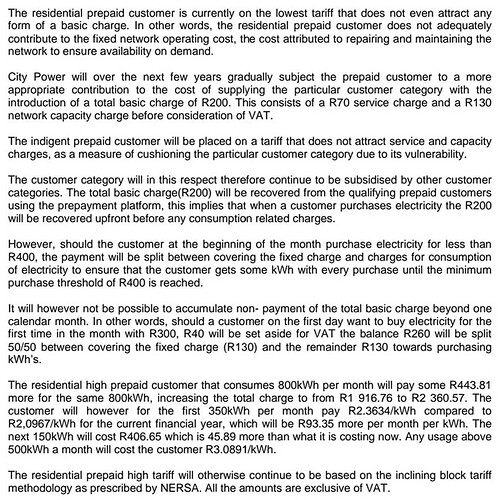There’s the split into two categories of pre-paid users: High and low. Low are homeowners who have passed (failed?) the means test for indigence, and the City are upfront about the high users (the rest of us) subsidising the low users. I don’t mind some subsidising, but I hope the net has been cast a bit wider.
City Power are also on a very public disconnection drive. This started during Mashaba’s time as Mayor (years ago) when he famously wrote an open letter to the professional body for chartered accountants which said that their training was poor and their standards low, and he says this because lots of big companies with offices in Sandton that publish public statements every year are not paying the City and nobody has noticed.
The drive continues, but it looks like non-payment is a very popular pasttime in Johannesburg.
And there are criminal syndicates involved that take control of a substation, build a cage around it so they can control access, and then they take the revenue (at a rate they decide) from all the premises that are connected to that substation.
There are residential complexes where the individual residents have paid in good faith, but the body corporate is either disorganised or somebody has done a runner with the funds (this happened to a family member of mine).
Whole shopping malls, hotels, several Telkom properties, a couple of country clubs and even a foreign embassy have been disconnected.
It looks to me like quite a deliberate game:
- Property owner runs up a bill of millions
- City Power get a court order and disconnect
- Property owner says he can’t pay all of that in one go
- Court rules that he must pay reconnection fees plus a first installment of several 100K
- He pays
- Reconnection is done
- He immediately resumes not paying.
So they are letting the money out in minimal amounts and, in the long run, profiting.
The flat fee on pre-paid connections has been proposed for years. First, again, under Mashaba. The public outcry was met with a claim that the flat fee had been inserted into the budget documents after sign off. A couple of years later it was reintroduced but then immediately cancelled as part of the City’s relief package during lockdown. It’s never really gone away. I expected it to come one day, but the amount surprises me.
Connection fee - well OK. But service charges? You don’t need to read my meter, run accounts or anything like that. If I don’t feed the meter, it disconnects. Simple.
Plus there’s the cash flow, as you note. Pre-paid users are good for the City’s cash flow. Even if Eskom are giving them 60 days, they can take that money paid in advance and stick it in the money market. Money falling out of the sky.
Pre-paid users are still going to be better off under the new tariffs, but not by as much.



